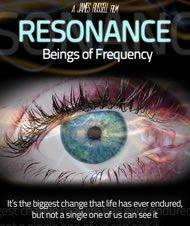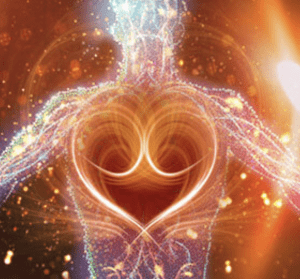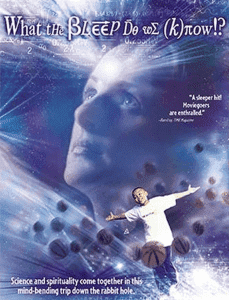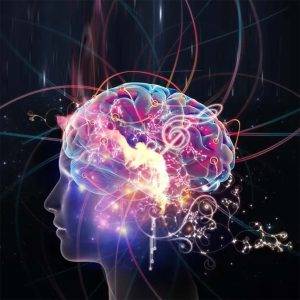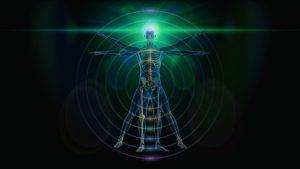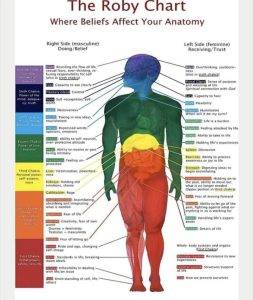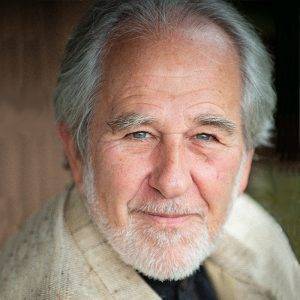By Frequency Project
In a world that often feels chaotic and out of control, the search for inner peace has never been more critical. From the bustling streets of New York to the serene landscapes of the Himalayas, people are turning to meditation as a refuge from the storm. But what if meditation could do more than just calm your mind? What if it could actually influence the world around you, reducing crime rates and even healing humanity? It’s a bold claim, but one that’s backed by an increasing body of scientific evidence.
Back in the late 1990s, a study emerged that would forever change the way we think about meditation. This wasn’t just another academic paper gathering dust in a journal; it was a revelation. Researchers set out to investigate whether meditation could have an impact on crime rates, and the results were staggering. Over a six-week period, two groups were observed: one that practiced meditation and another that did not. Crime data was meticulously collected and compared to historical records. The conclusion? Areas surrounding the meditating group experienced a significant reduction in crime rates, including violent offenses like assault and robbery.
Now, you might be wondering, how does sitting cross-legged and focusing on your breath have anything to do with crime rates? The answer may lie in the realm of collective consciousness and emotional vibrational states. You see, every human being emits a unique emotional frequency. When a group of people meditates together, their collective emotional vibrations could influence the emotional state of the population at large. This isn’t some new-age theory; it’s a hypothesis that’s gaining scientific traction.
Take, for instance, the work of the HeartMath Institute. This organization has been pioneering research into the science of the heart and its role in our emotional states. Their Global Coherence Project aims to unite people in heart-focused care and intention, to facilitate a shift in global consciousness from instability and discord to balance, cooperation, and enduring peace. The HeartMath Institute’s work aligns closely with the mission of the Frequency Project, which aims to provide a sacred space for intentional collective meditation. The goal? To further explore the potential of findings like those in the meditation study and to heal humanity through intentional collective consciousness.
But the HeartMath Institute isn’t the only organization delving into this fascinating area. The Noosphere Project, inspired by work at Princeton University, is another initiative that’s been studying the effects of collective human consciousness. Their research adds another layer of credibility to the idea that our collective emotional states can influence societal behaviors, including crime rates.
Now, it’s important to acknowledge the limitations of the original meditation study. Conducted over a relatively short period, the research leaves some questions unanswered. For instance, could the results be replicated in different sociocultural contexts? What other factors might be at play? These are questions that future research will need to address. However, the implications of the study are profound. If individuals can actively cultivate positive emotional vibrations, we might just be able to influence collective emotional states, reducing antisocial behaviors and fostering a more peaceful society.
So where does this leave us? At a crossroads, perhaps. On one hand, we have a growing body of evidence suggesting that meditation could be a powerful tool for societal change. On the other, we have a world that’s increasingly divided, where the need for collective action has never been greater. The question is, will we seize the opportunity?
As we continue to explore the influence of meditation on collective consciousness, its integration into societal programs could have far-reaching implications. Imagine schools where meditation is part of the curriculum where offenders are taught to find inner peace as a way to reduce recidivism. The possibilities are endless, and the potential benefits could transform not just individual lives, but entire communities.
In conclusion, meditation is no longer just a solitary pursuit of inner peace; it’s a collective endeavor with the potential to change the world. As we uncover more evidence on the influence of meditation on collective consciousness, its integration into societal programs holds the potential to transform communities, ultimately affecting the well-being of individuals on a global scale. So the next time you sit down to meditate, remember: you’re not just doing it for yourself; you’re doing it for all of humanity.
Sources:

